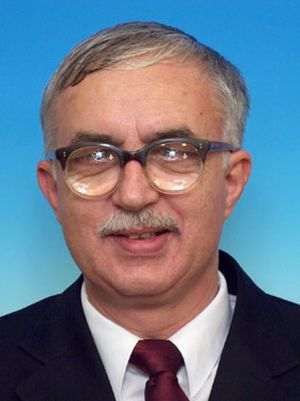A.D.
The Romanian construction market has major deficiencies when it comes to meeting the European guidelines for labor safety, said the chairman of the National Union Of Romanian Employers (UNPR), Marian Petre Miluţ, at a seminar organized by the UNPR, in cooperation with the European Builders Confederation (EBC). According to a press release by the UNPR, the event, which was held in Bucharest, brought together representatives of European constructors, who discussed the application of the labor safety practices. The event was attended by the chairman of the EBC, Andrea Benassi, accompanied by a delegation of construction experts.
"Construction is a vast sector, where people should have their competences clearly determined. This way, labor accidents like the ones that have been happening lately could be avoided. Entrepreneurs need to be educated, and employees need to receive better information about labor safety norms. Some of the requests that constructors made to the Government include support for the professional training of employees and the dissemination of information from these projects", said Marian Petre Miluţ.
The event was organized as part of a project funded by the European Union which co-opted 13 partners from 11 countries, including Romania. The project will last a year, set to complete in December. "There is a need for the classification of companies according to their professionalism and the quality of their execution. At this stage of the project it is very important to cooperate with our Italian partners in order to contribute to the final outcome of the project and to commit to making these things known to the entire business environment. A responsible market economy needs to take into consideration safety on the job", the chairman of the UNPR added. Right now, 2.7 million companies with 13 million employees operate in the construction sector, with an annual turnover of 1.288 billion Euros, namely 10% of the European GDP. The EBC has 19 members and partners, representing 600,000 companies, employing around 2.5 million people.


















































